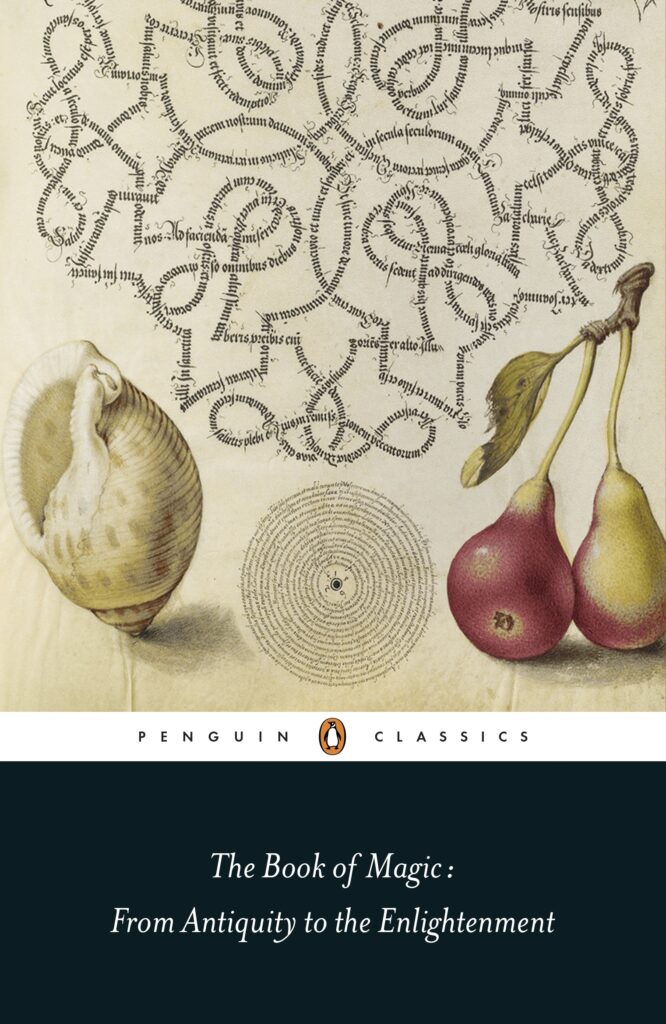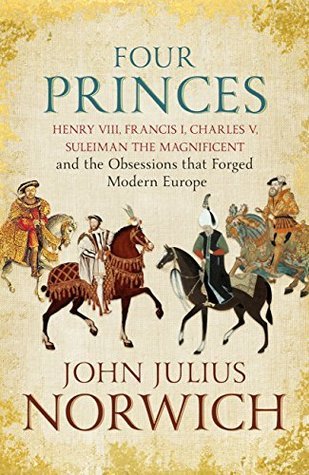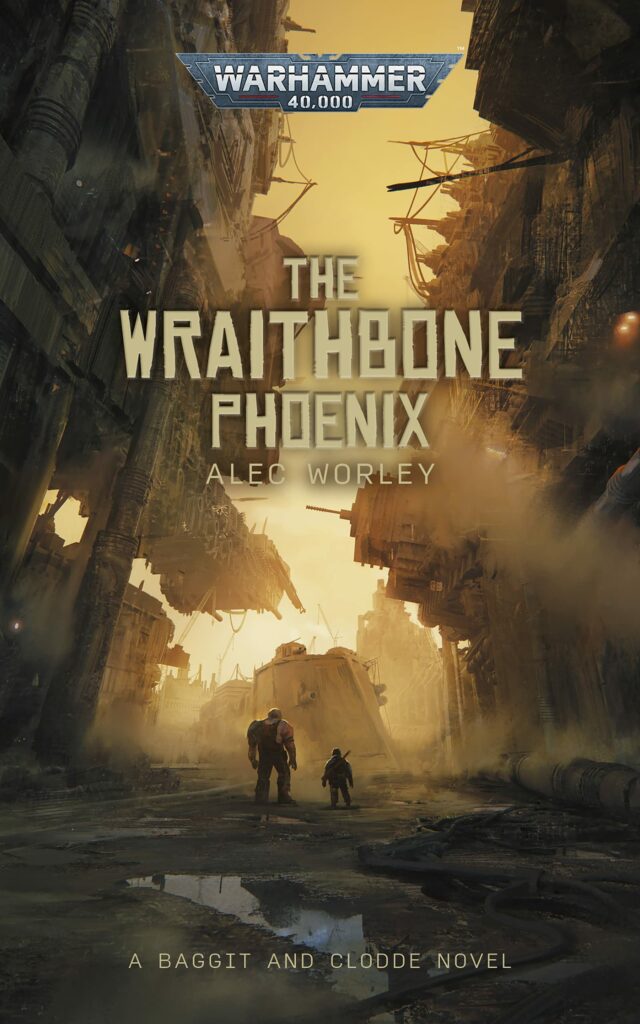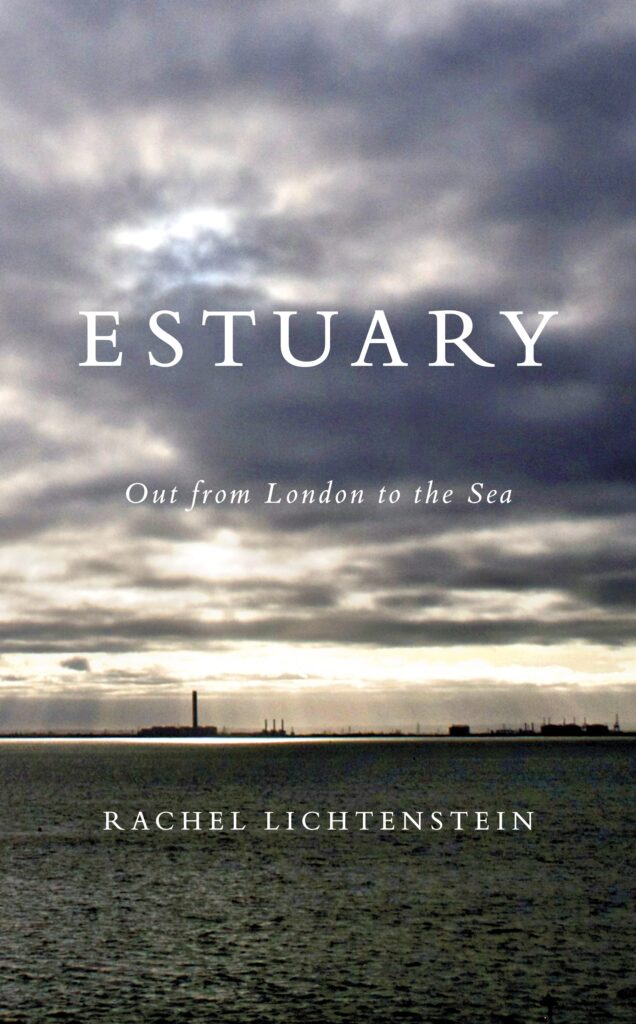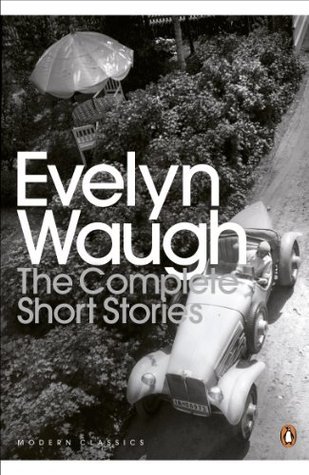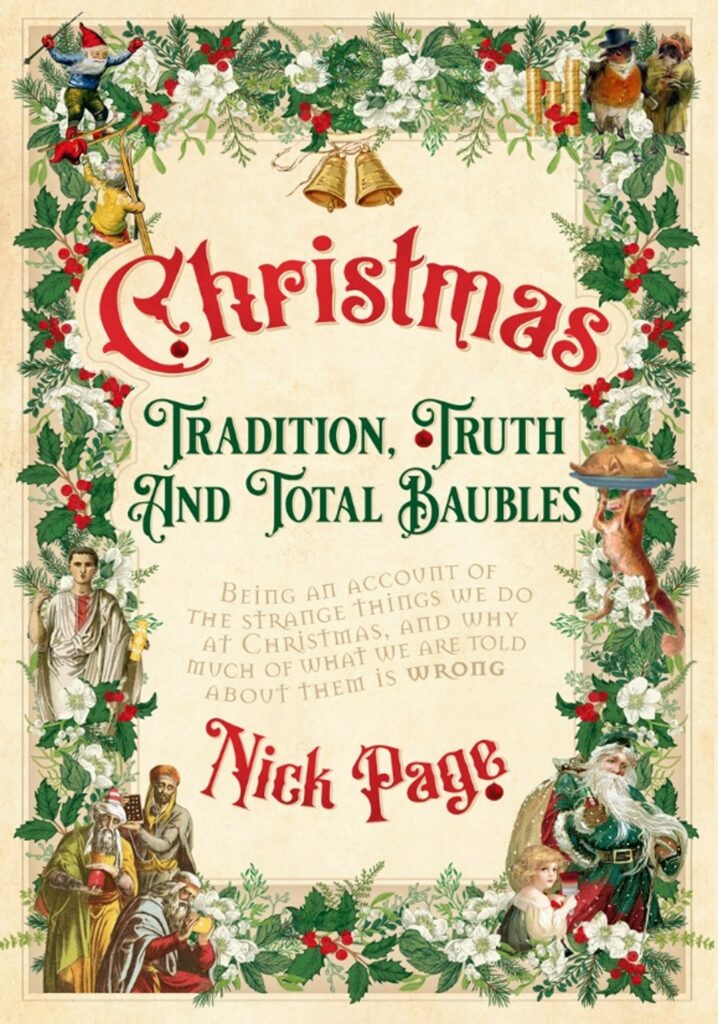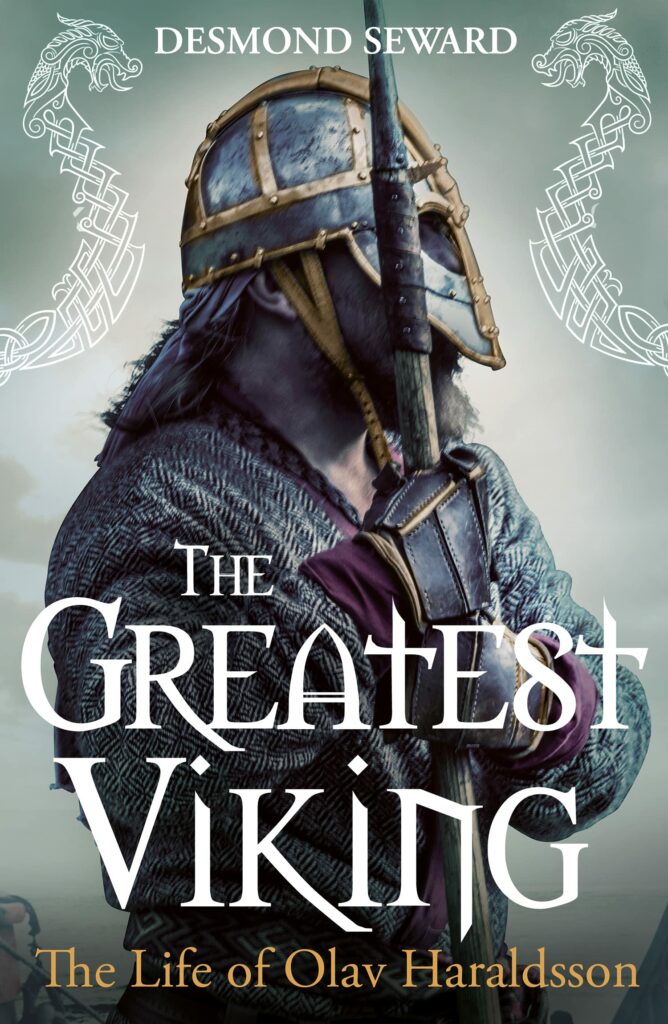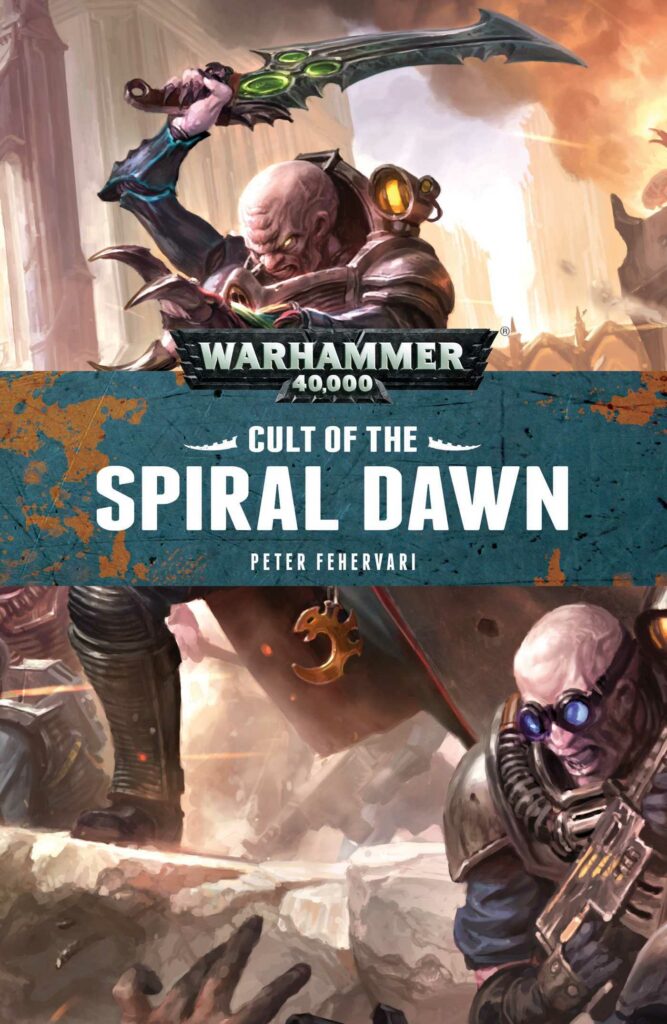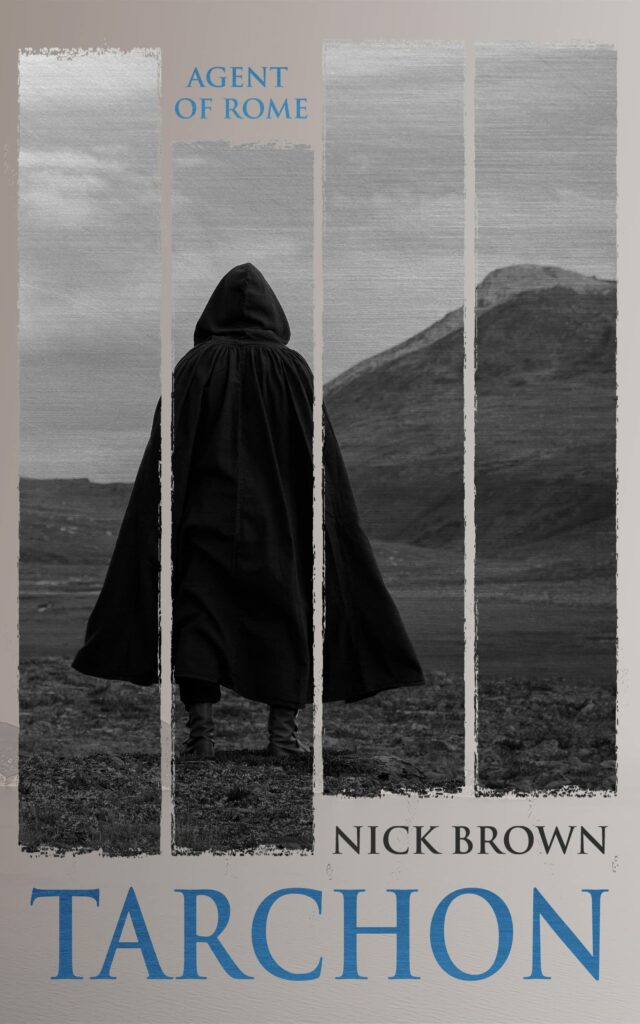
Nick Brown’s Agent of Rome series is one of my favourite historical fiction series, but it has never really received the recognition, or sales, that it deserves. I had thought that the series was finished, so it was a real delight to see a new novel from Nick. However, while it inhabits the same world as the previous novels in the series – the world of the grain men, the secret agents of Imperial Rome – the protagonist this time is different: Tarchon, a street youth from the western capital of Empire, Byzantium.
The book exhibits all Brown’s strengths as an author: the characters are well drawn, the setting inked in with just the right amount of detail, the plot motors along at a great pace. But it also shows perhaps why the books have not been more widely popular – and this is to the credit of the author. The truth is that most historical fiction that features anyone wielding a sword is basically the male equivalent of chick lit, allowing the 21st century reader to imagine himself playing the role of a dashing hero while getting the girl and a few fetching but not disfiguring scars along the way. There’s no real engagement with the alieness of the past, which truly is a different country: this is history used as set dressing.
Brown’s work, on the other hand, features heroes that are not just flawed, they are in many ways positively ordinary. Cassius Corbulo, in the previous novels, and Tarchon in this one, are young men who lose as many fights as they win, who rely on wits more than weapons but even so still have plans come awry, and who are plausibly figures of their time rather than ours. As such, it makes for novels that are, objectively, much better than the run-of-the-mill historical fiction, but because they don’t tick the boxes for many readers they haven’t received the readership they deserve.
Hopefully, his small but devoted band of readers will be sufficient to persuade Nick to continue writing Agent of Rome novels. And if you know anyone who wants a more intelligent and authentic take on historical fiction, direct him or her to this series.

